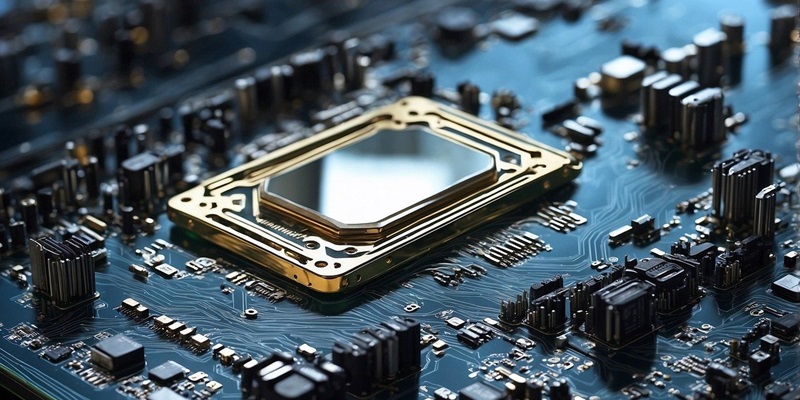Nvidia has made a monumental advancement in the tech world with the launch of its new Blackwell chip, which boasts 208 billion transistors. This innovative chip is set to revolutionize AI processing by increasing AI model training speeds by four times and improving inference speeds by a striking factor of seven over its predecessor, the Hopper. Such rapid progress underscores the shift in the tech industry toward an accelerated computing era, propelled by AI’s evolving demands. Nvidia’s latest creation not only cements the company’s leadership role in this transition but also heralds a new age in which AI computation redefines what is possible in terms of speed and efficiency. The Blackwell chip is thus a pivotal development in tech, signaling the next step in the continuous journey of computational evolution.
Accelerated Computing Unleashed
Nvidia’s latest chipset represents more than just an incremental upgrade; it is a substantial leap that stands to redefine AI’s role in driving forward technological progress. CEO Jensen Huang highlighted this with a staggering statistic: the computing power available for AI has escalated by a 1000-fold in just eight years. This rapid evolution has even outstripped the once-governing rule of thumb for the tech industry, Moore’s Law, which posited a doubling of transistors on a microchip every two years. With such advancements, the door is open to AI applications previously deemed impractical — from near-instantaneous language translation to complex problem-solving in medicine and environmental preservation.
The Blackwell chip sets a new industry standard, promising to turbocharge AI’s capabilities. Such advancements are critical as they resonate beyond just speed improvements — they allow AI systems to become more sophisticated and versatile. This increased potency will benefit myriad sectors by enabling the development of advanced robotics and the creation of detailed and dynamic digital twins. These technologies are rapidly moving from the realm of speculative fiction into tangible assets that will transform how businesses operate and how individuals interact with the digital world. As Nvidia continues to push the boundaries of what’s possible with artificial intelligence, the Blackwell chip may well be recognized as a key catalyst in this transformative era.
Implications for Business and Society
The stock market witnessed a surge in tech share prices due to the increasing shift toward AI-driven computing. Firms like Dell stand to benefit, along with data center providers such as Australia’s NextDC and Megaport, who are poised for growth to support the demanding AI and machine learning workloads. This tech wave is compelling businesses to embrace AI, ensuring market competitiveness.
However, this swift AI adoption outpaces conventional educational standards, raising alarms about workforce readiness. An RMIT and Deloitte study revealed many are yet unacquainted with generative AI, highlighting the pressing need for adequate training. As tech giants like Apple and Google intensify their AI development pursuits, the push for AI literacy becomes crucial. It’s not merely a technological shift, but a cultural and societal one that calls for a knowledgeable and adaptive workforce equipped to exploit AI advancements for future enhancement.

